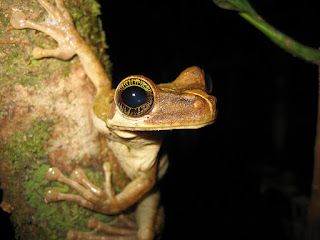Human activities are causing an “alarming” decline in biodiversity that is endangering food security, clean water, energy supplies, economies, and livelihoods for billions of people worldwide, according to a new United Nations-backed study by 550 scientists, conservationists, and policy experts from over 100 countries.
The report, released today by the Intergovernmental Science-Policy Platform on Biodiversity and Ecosystem Services (IPBES), includes four regional assessments of biodiversity in the Americas, Asia and the Pacific, Africa, and Europe and Central Asia. It looked at factors like species loss, deforestation, pollution, overfishing, population growth, climate change impacts, and farming, among others.
“Biodiversity and nature’s contributions to people sound, to many people, academic and far removed from our daily lives,” the Chair of IPBES, often described as the IPCC for biodiversity, Sir Robert Watson, said in a statement. “Nothing could be further from the truth.”
The ecosystem services provided by nature to the Americas, for example, was valued at $24 trillion annually — equal to the entire region’s gross domestic product (GDP). Yet the scientists found that nearly two-thirds of these services were in decline. Species populations in the Americas have decreased an average 31 percent since the time of European settlement. Climate change and other drivers will help push this loss to 40 percent by 2050. The report also found freshwater availability in the Americas has decreased by half since the 1950s.
Read more at Dangerous Decline in Biodiversity Threatens Livelihoods, Food and Water Security

No comments:
Post a Comment